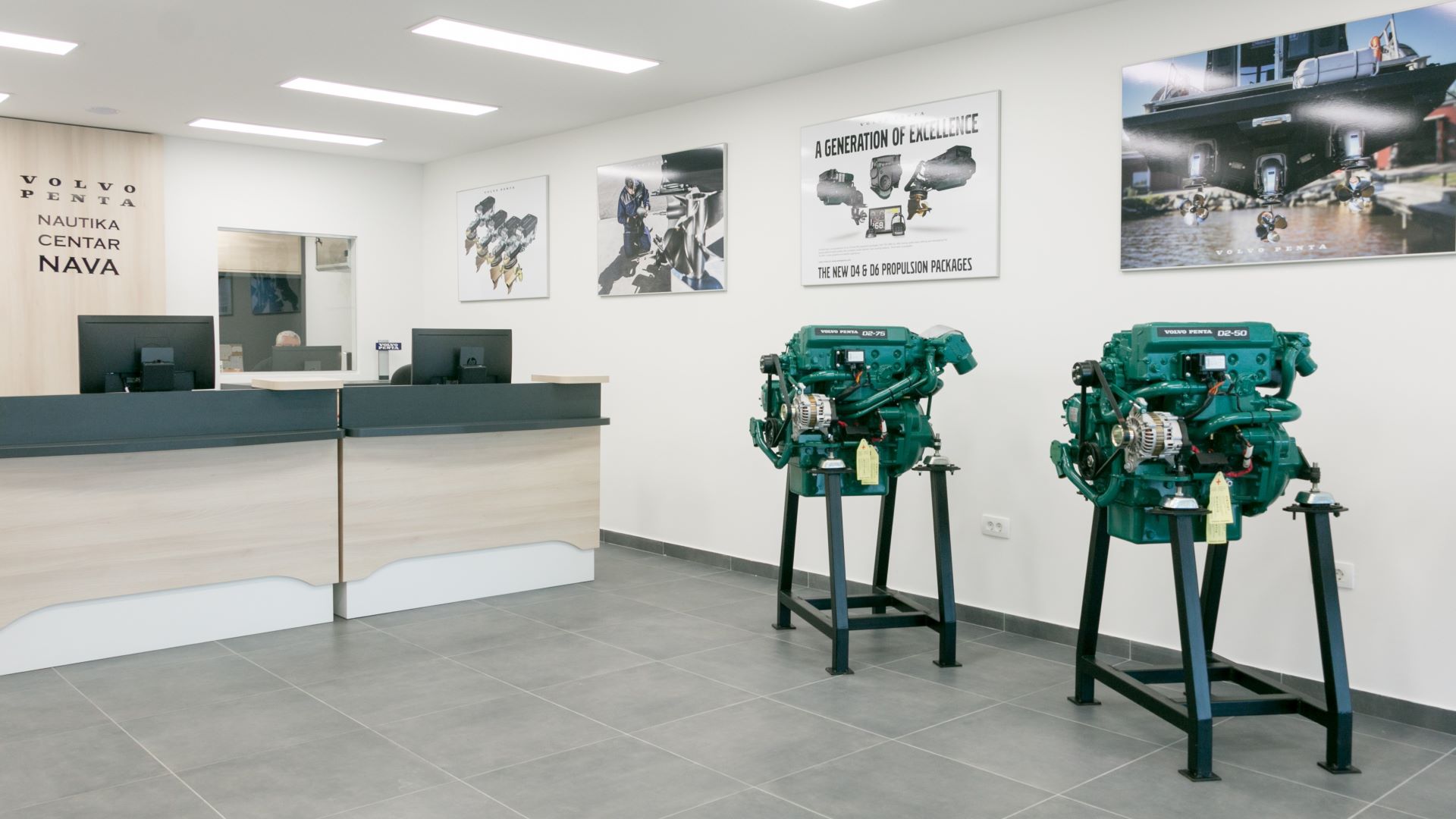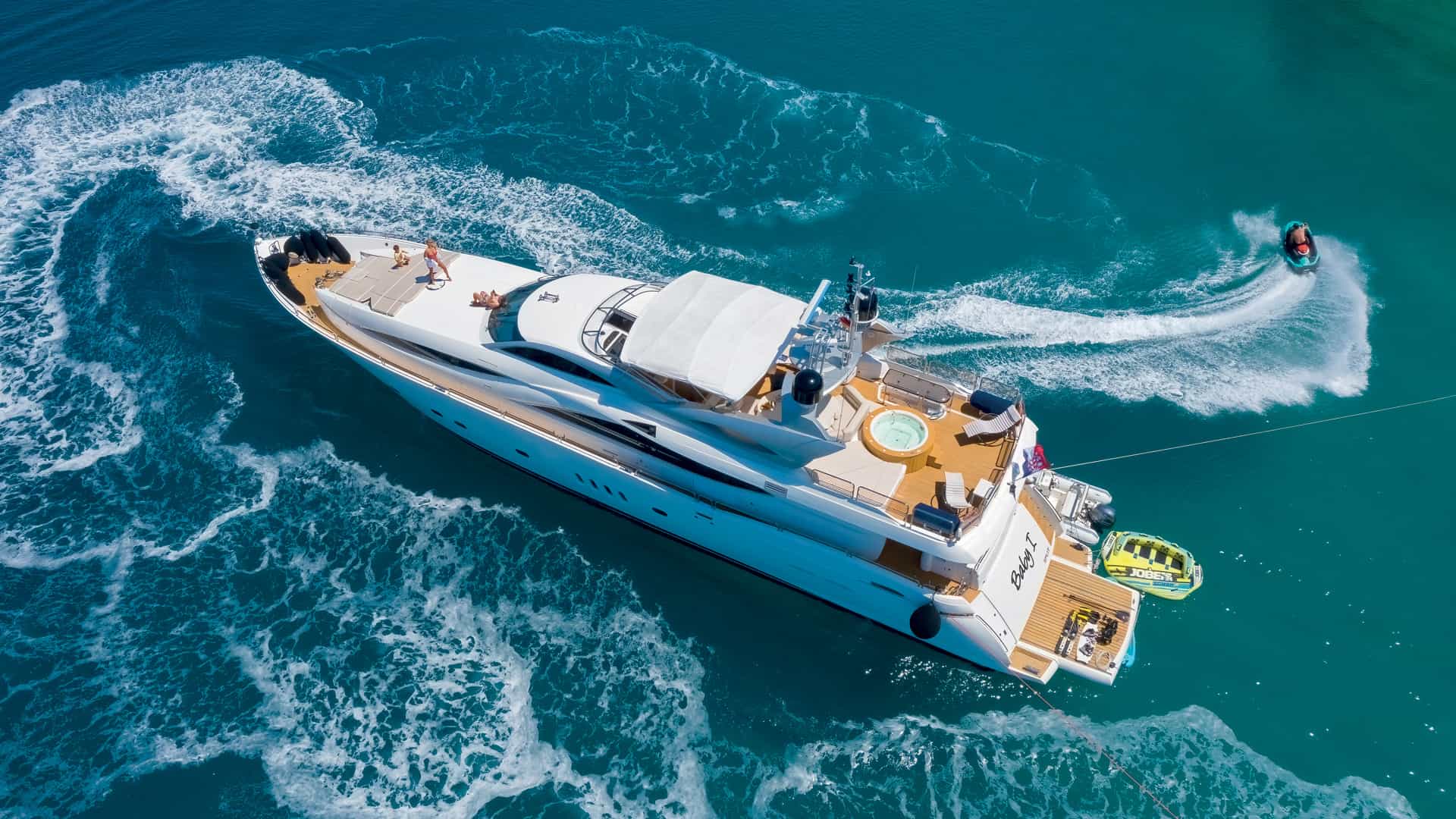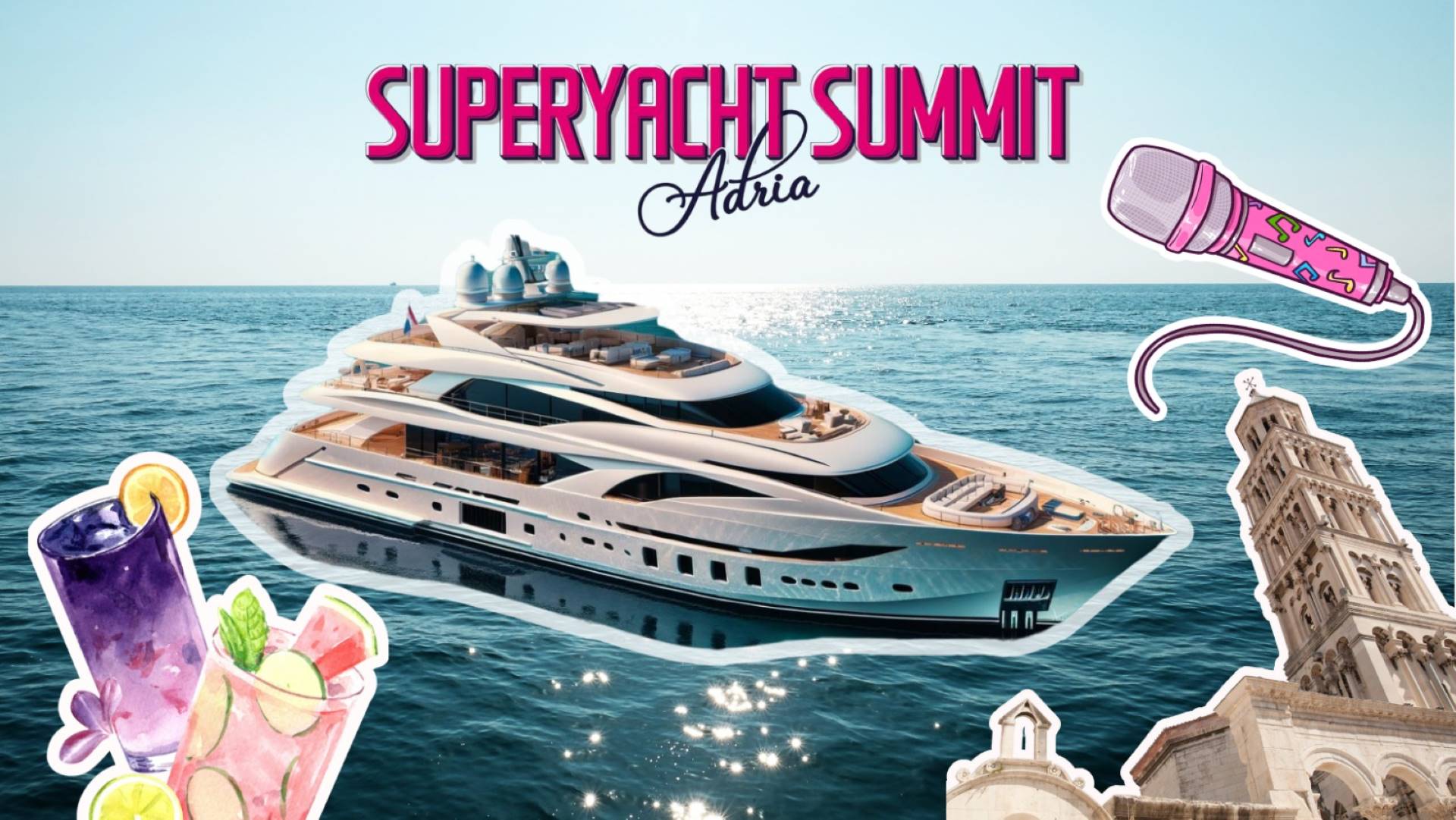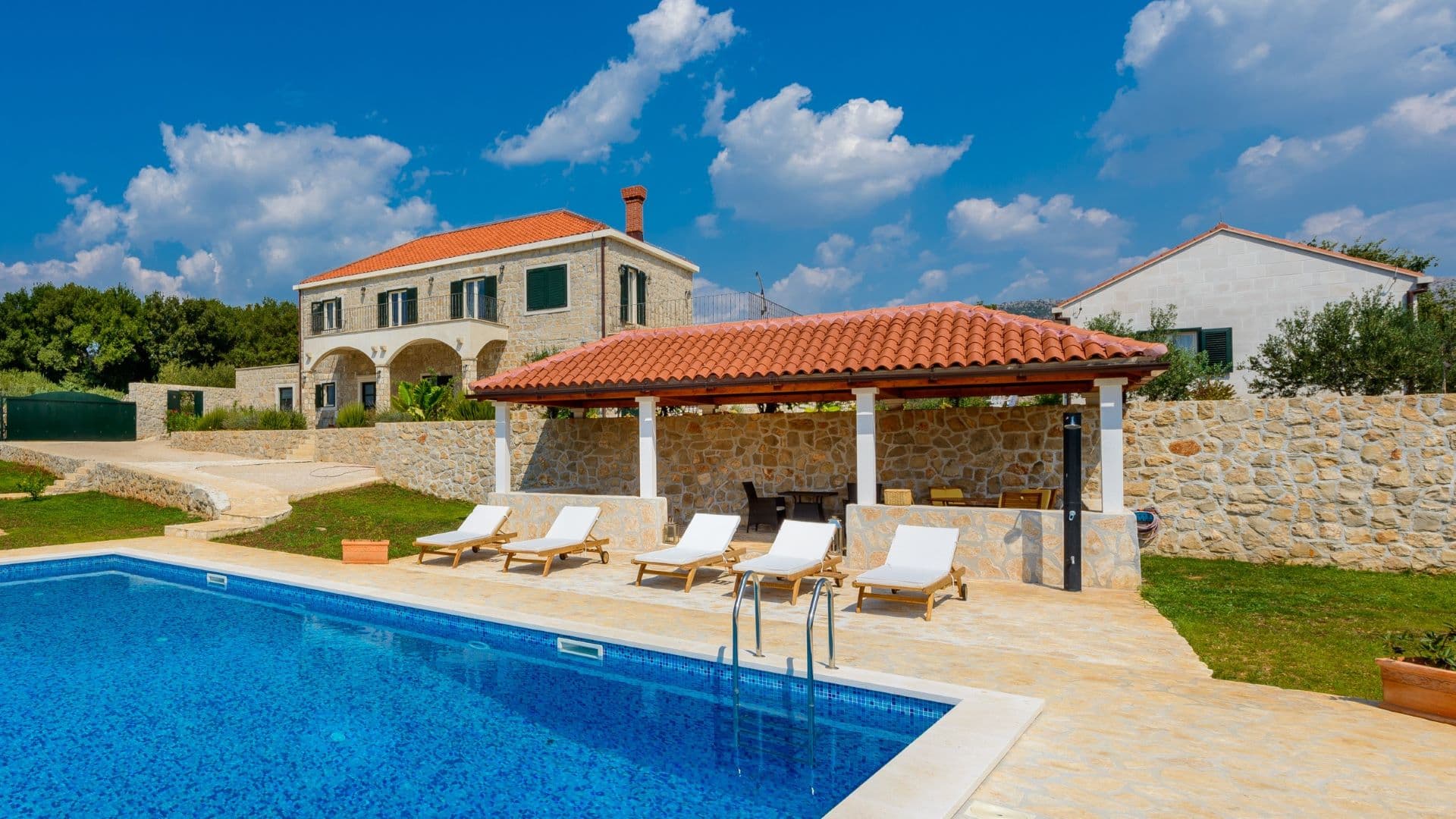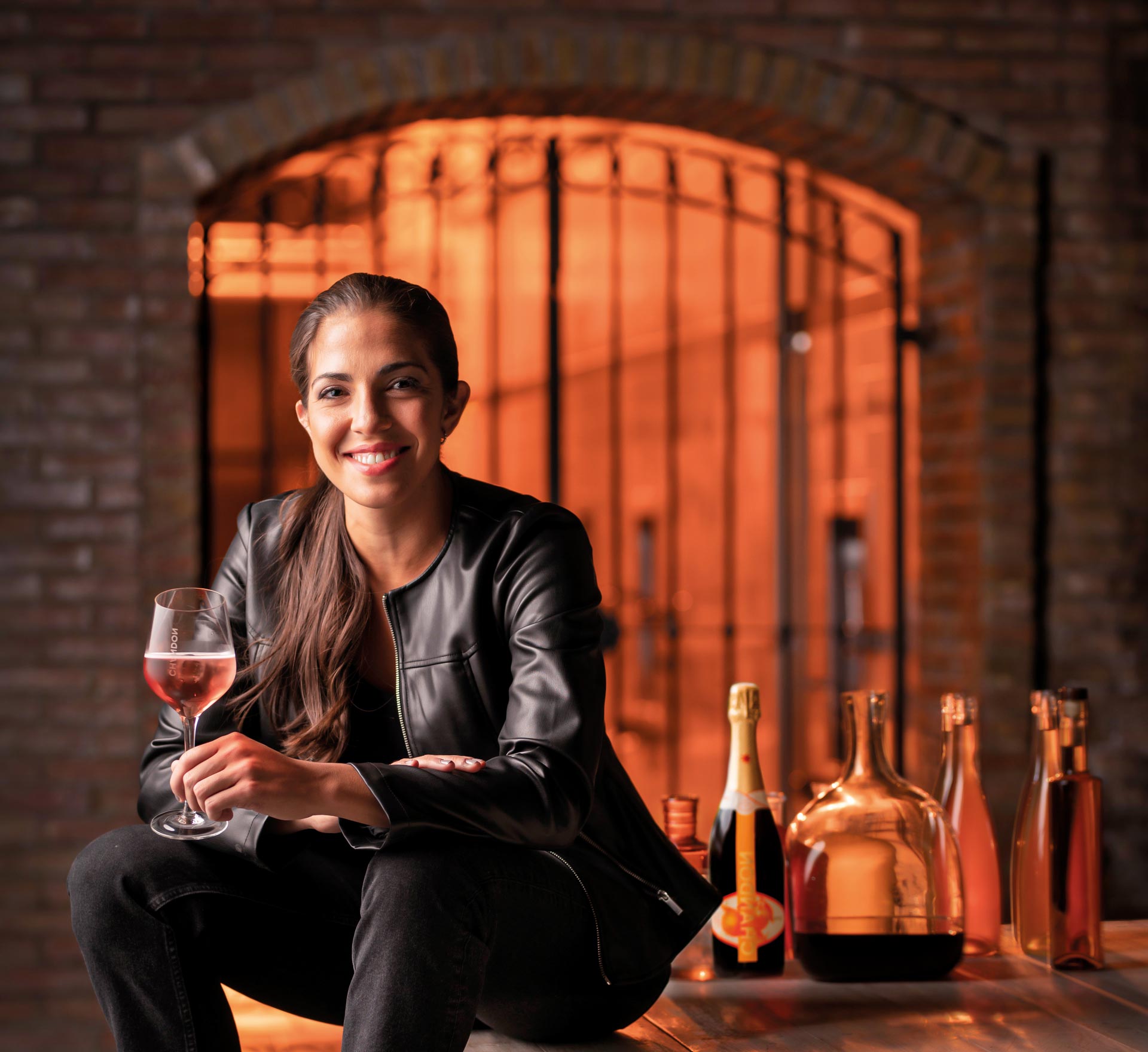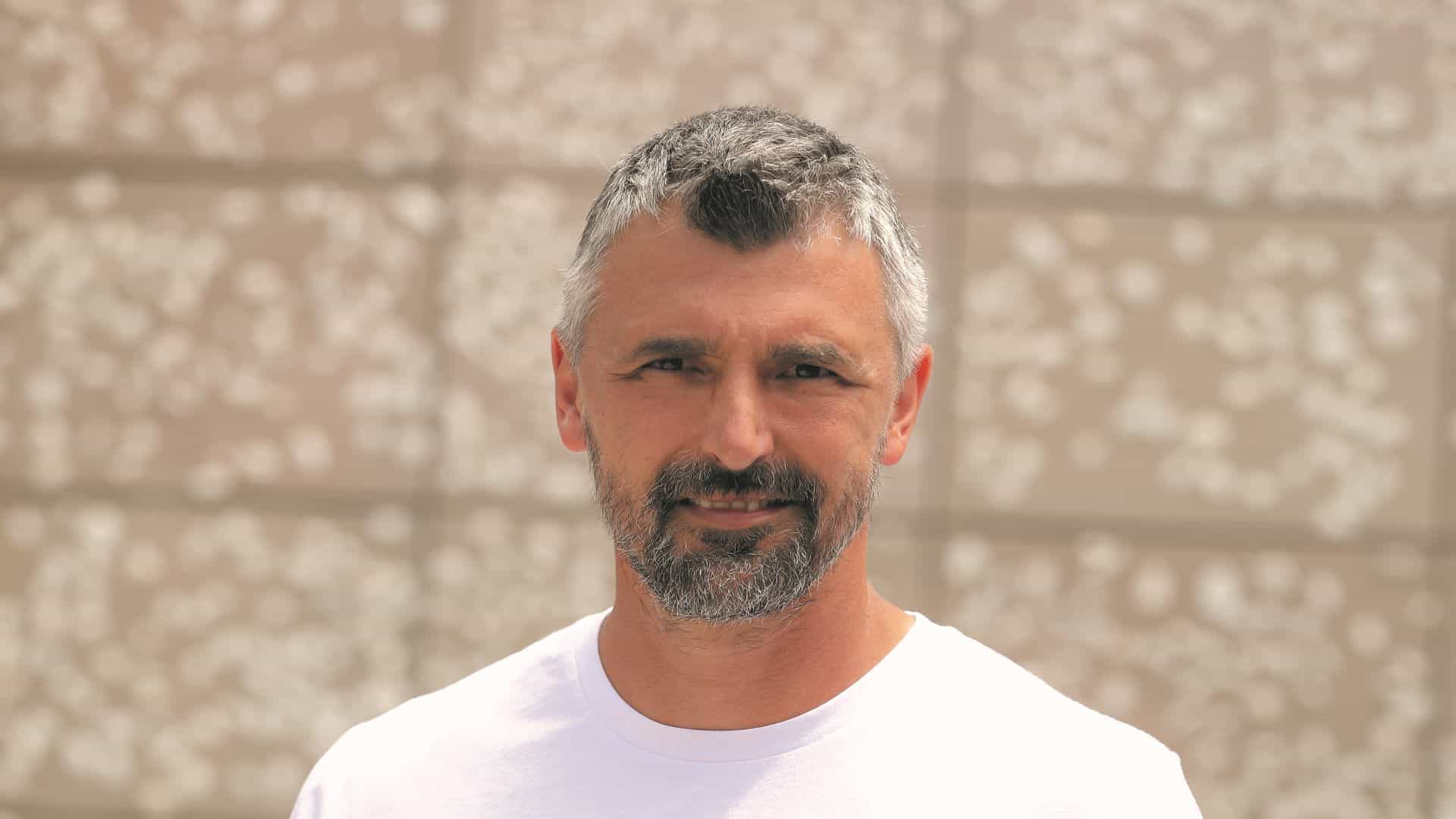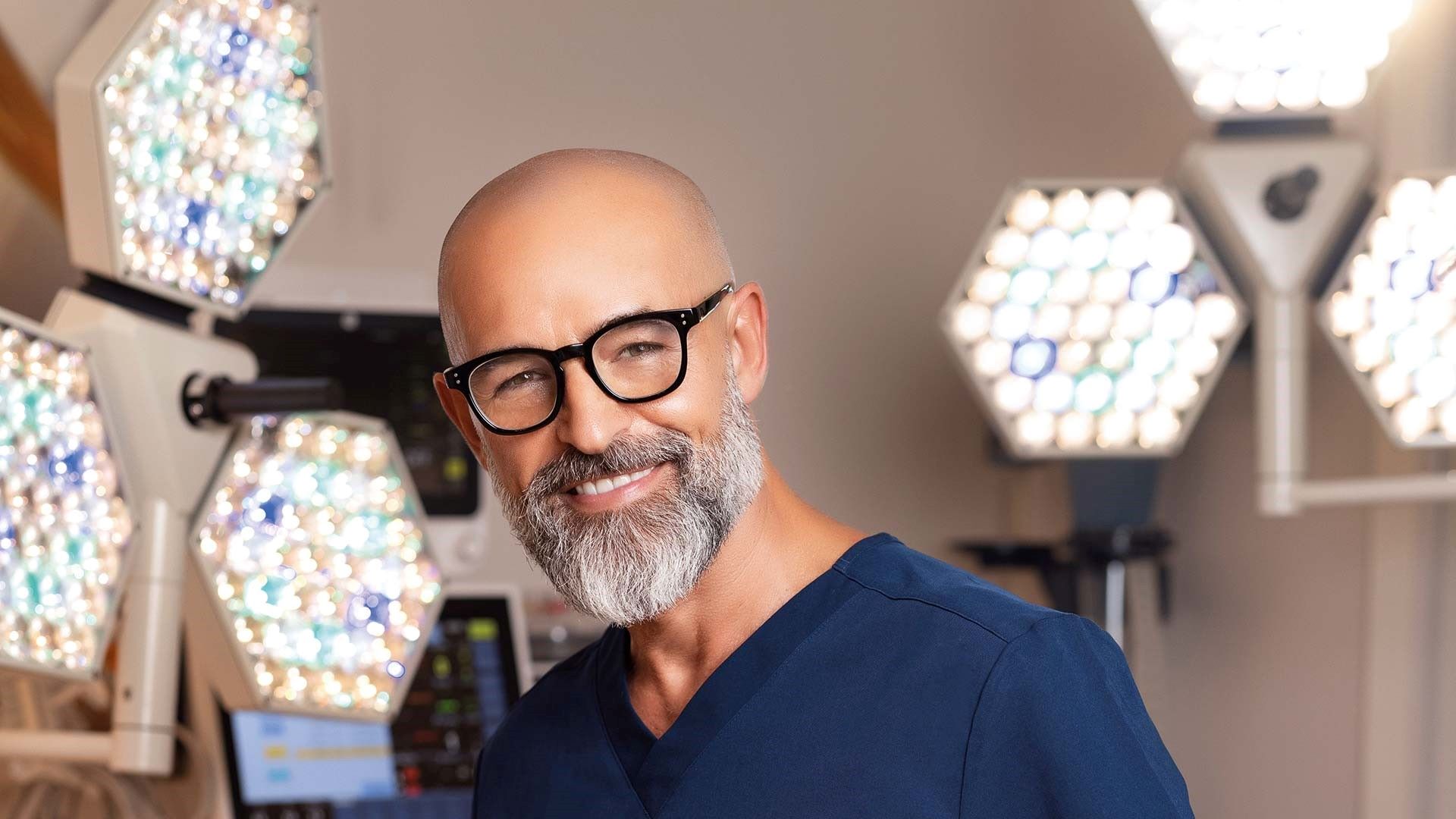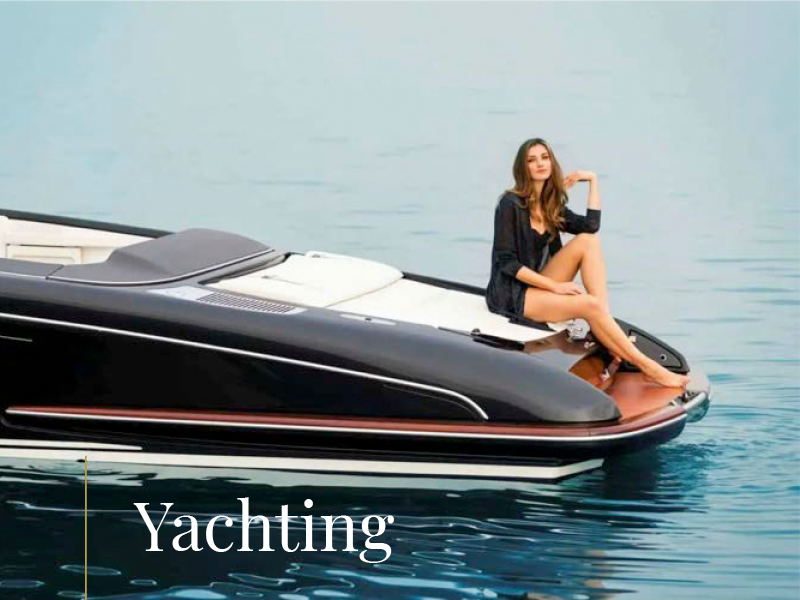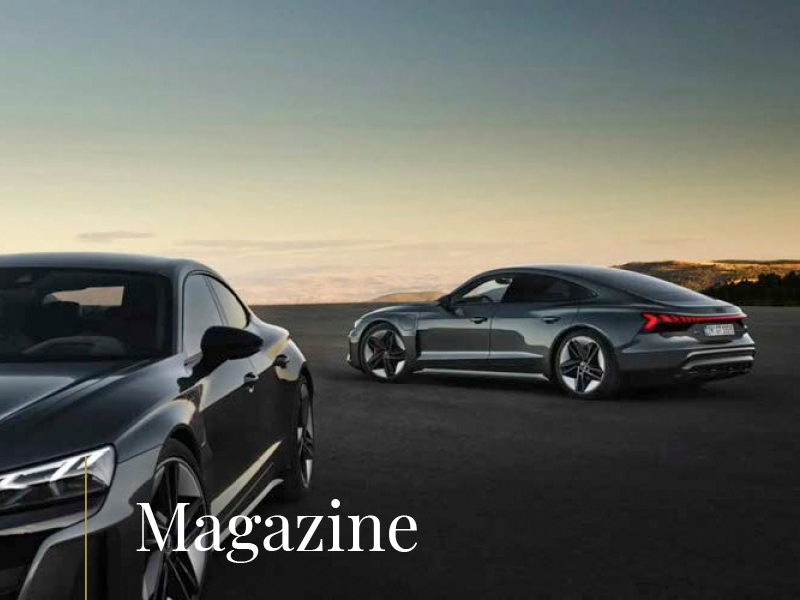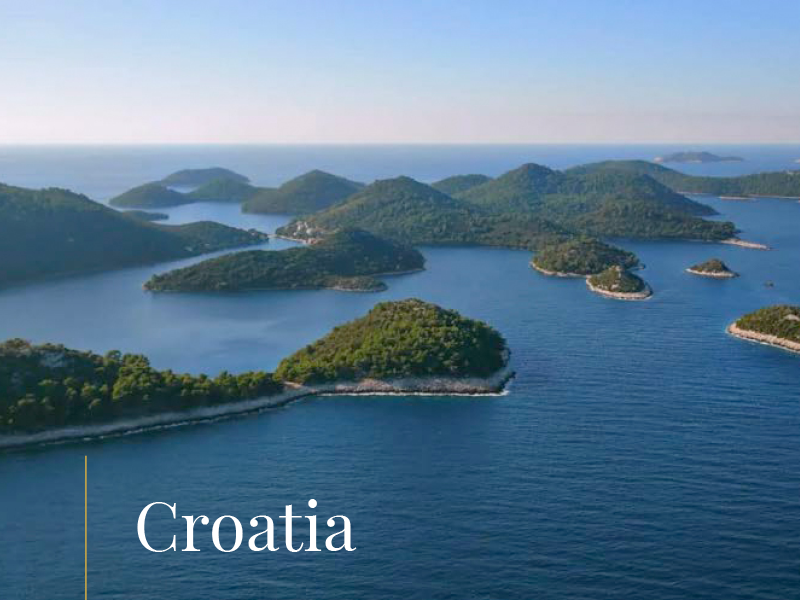We spoke to co-founder of Five Agency, Luka Abrus, about selling the company, future with Endava, the Dorado routing solution that was used by the Vendée Globe winner, the American Dream…
In early March, the Five Agency became one of the great stories in the Croatian IT sector. The Zagreb agency was acquired by the UK’s Endava for HRK 250 million (approx. EUR 33 million). We sat down to discuss the early days of the company, success, future, sailing… with Luka Abrus. Together with founder Viktor Marohnić and Sven Marušić, he manages the agency operating out of offices in New York, Zagreb, Osijek, Rijeka and Split.
Why did you decide to sell the company?
A 200 people team is not a huge number in the segment we want to grow in. It’s an OK number in terms of Croatia, but globally, a 200-people company is a tiny company, a margin of error. We’re interested in working with billion-dollar clients, and they see this small company as too big of a business risk. This had nothing to do with the quality of our work, it was merely a matter of largeness, or smallness, if you will. We were given the following feedback many times over the past few years: ‘Your pitch was the best by far, you have excellent references and an ideal price, but you are too big of a risk for us.’ That’s when we realised that we needed a more aggressive growth strategy. We opted for selling to be able to move to a bigger league. There were talks with a dozen potential buyers, but I don’t think any of them would come to fruition had it not been for Endava. We really hit it off, there’s room for us to grow and play in the ‘Premiership’ in their structure. They have what we need and lack something we have, so we got the best of both worlds. Viktor, Sven and I can continue doing what we love, now with a partner that complements us and allows us to grow. We now want to make Endava even better.
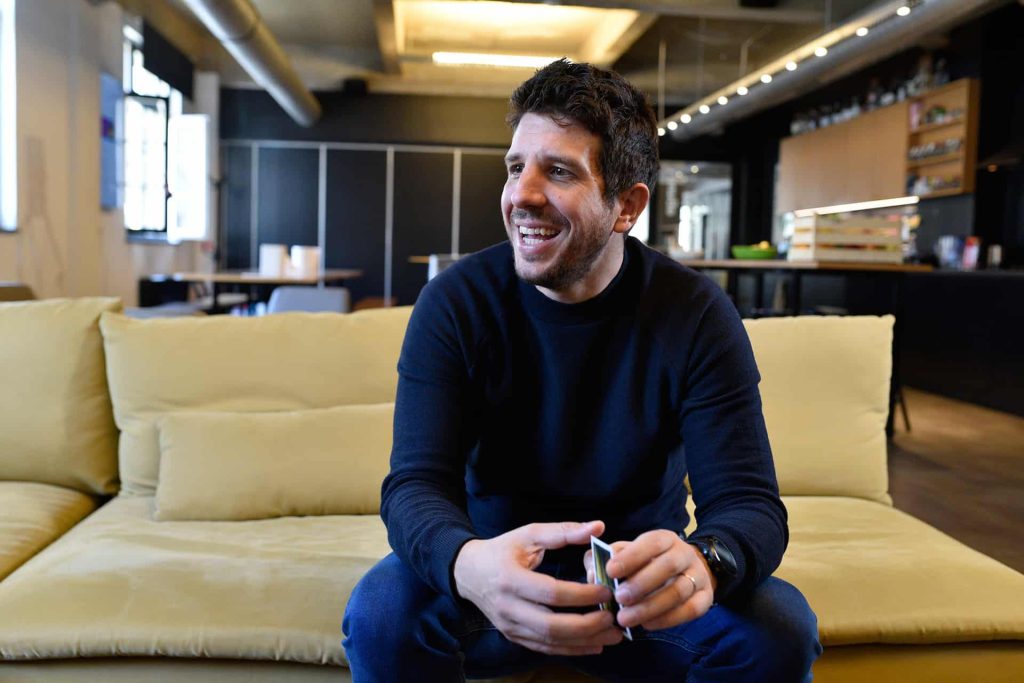
Startup founder Viktor Marohnić has been living in New York for several years now. How difficult was it to succeed in the USA?
It was much easier to make it in America than in Europe. If I was to summarize our experience from 10 years ago into one sentence, I’d say: ‘America sees us as Americans, Europe sees us as Croats.’ There’s a very simple reason for this. The USA is a huge open market using the same language for communication, while Europe is defined by borders, languages and cultures. ‘The land of opportunities’ is not just a cliché, it’s a way of thinking. America accepts everyone, it’s open for foreigners because everyone is foreign there, it just depends on whether it’s first, second or third generation. They’re open to all young people and accepting new ideas, their business culture is quicker, more open, more direct. Here, a reference from Croatia doesn’t mean much in Germany or France, but in America, a reference from New York counts in Seattle, San Francisco and Washington. In our early days, we presented ourselves as a Croatian agency trying to make it in the USA, while today we present ourselves as a US agency with a strong presence in Croatia. Everything normally gravitates towards the USA in the IT sector, as it’s probably five years ahead of everyone else. We weren’t really playing it smart when it comes to market selection, we were just in the right place at the right time and proved ourselves by working for Napster, Rosetta Stone, Marriott, Penguin Random House and many other prominent clients.
Your agency was founded in 2005. You said it yourself in various interviews after landing the Endava deal that you learned a lot from you mistakes. Can you elaborate on that?
We were really self-critical after every project because that’s the only way to learn something for the future. We’ve turned our bad experiences into a foundation for an agency that can deliver premium products to clients. And these products bring added value and profit to the client. It may sound cruel, but after each project is finished, we review it to see if it ended in the red or in the green. This doesn’t refer purely to how beautiful the design is or how functional the app, the only thing that matters is ‘show me the money’. This was our company’s big transformation over the past few years when we moved away from the playful boyhood stage and turned into a team playing to score. All of these mistakes were caused by the fact that we stepped outside of our comfort zone and when you tread new paths, you’re bound to make mistakes. It’s important that you learn some lessons from these mistakes.
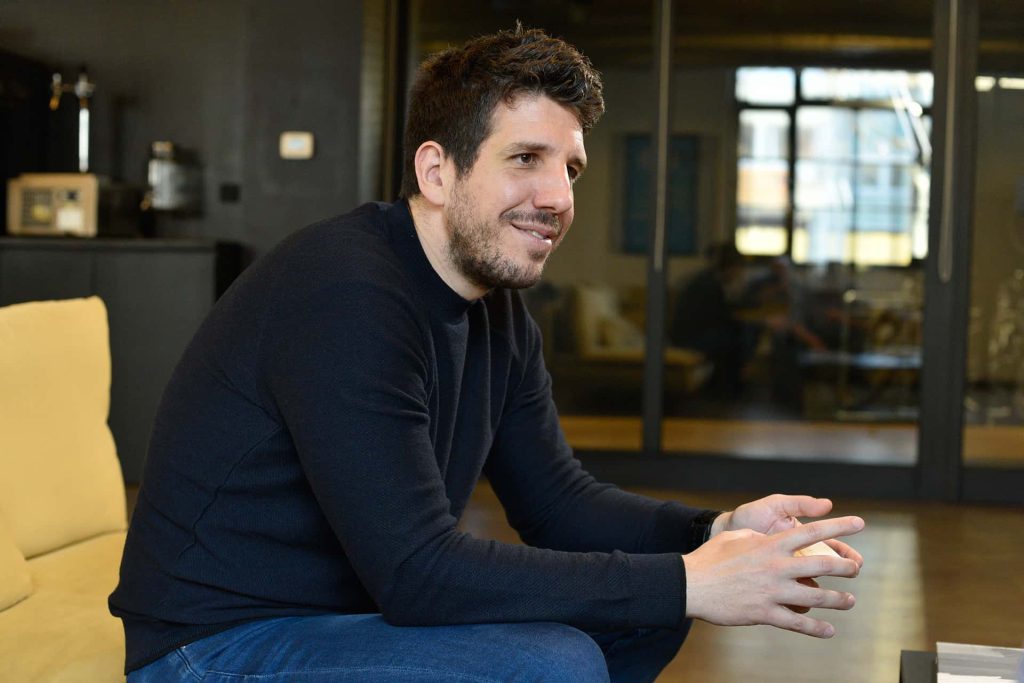
When did the Dorado project come to life and how did you end up in the Vendée Globe?
Ivica Kostelić put us in contact with Jura Jerman (from ARSO Slovenia) and we started working with Charlie Dalin, who gave us some really valuable advice and insight into what they need, what they use and what is useless during a regatta. The deadline was insanely short – we first contacted Dalin in early August and the first version was ready and sent to Vendée Globe CEO for approval in mid-October. The product needed to be finished a few days before 8 November, which is when the regatta started. We are extremely grateful to Dalin for the immense PR he did for Dorado by spreading the word about our product across the sailing community. Some ten skippers got in touch with us and we gave them test accounts. Six or seven of them used the app actively during the regatta, with Yannick Bestaven using it at regular intervals. It was tricky for us because we’d started working with Dalin and then his competitor ended up winning the regatta. Yannick sent us a video message thanking us for the software we developed together with ARSO. As far as our product is concerned, there’s no better PR and recommendation than one given by a winner of one of the most extreme regattas.
The next step for the project?
Our beta version, which regular users will also be able to use, is in the works. We’ll remove some Vendée Globe-specific features and develop a mobile app that is more user-friendly when it comes to regular use. Vendée sailors have computers in their boats, that’s why we first developed a desktop version, but a mobile one is a must-have for commercial use. We also plan to offer Dorado to users of other regattas. Jure Jerman and Yannick’s victory have opened many doors for us. The software we’ve developed has several advantages. From calculating the route on the server, algorithms by experienced meteorologists specialising in sailing races, using European weather predictions data by ECMWF, to optimising meteorological models based on historic regatta data and boat data collected in real time.
Finally, Yachts is a magazine reporting on the sea and boats. What kind of a role did boats have in your life?
Sailing is a passion and an outlet for Sven, Viktor and me. I love being unrestrained, free and depend on natural forces at sea. Seven days spent cruising around the Kornati is the best way to unwind. The boat, sea and good company. That’s all I need.
Text Hrvoje Bulešić
Photos Damil Kalogjera
